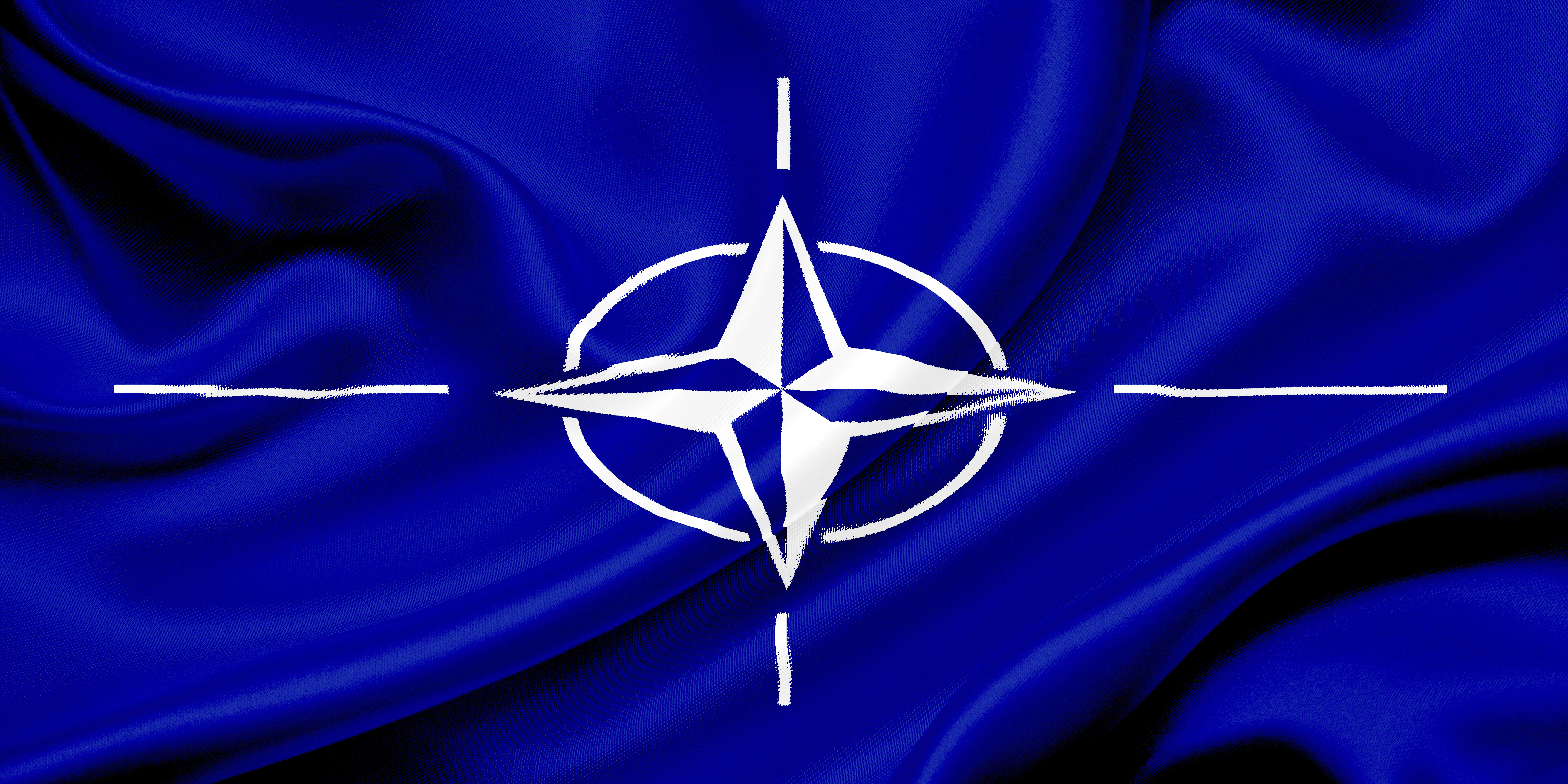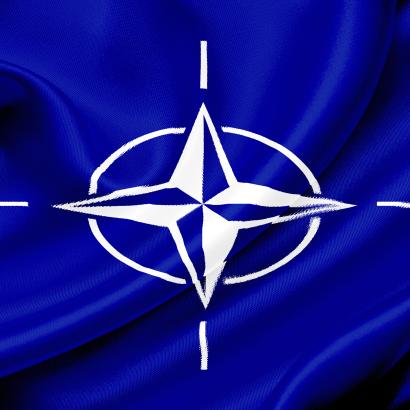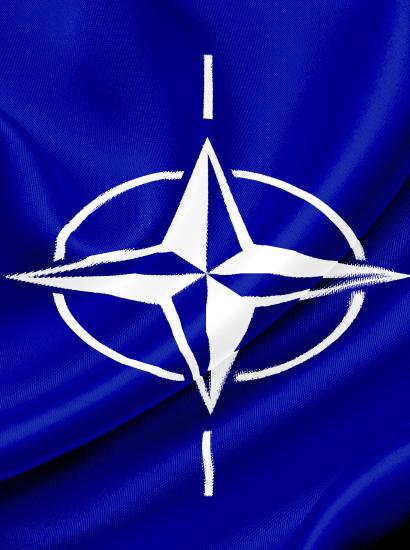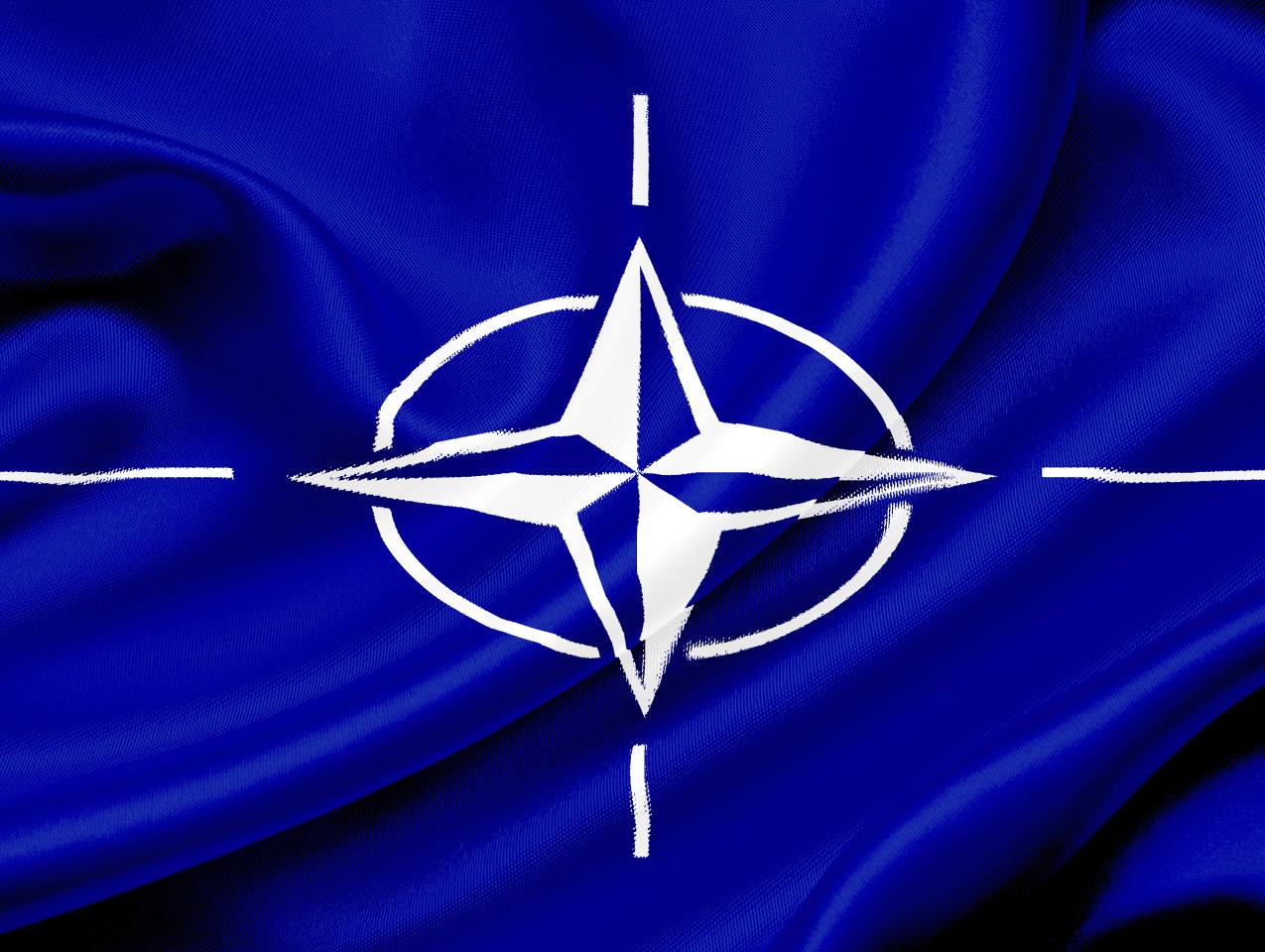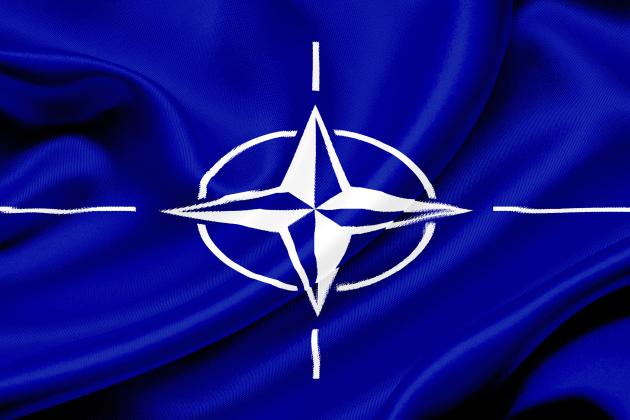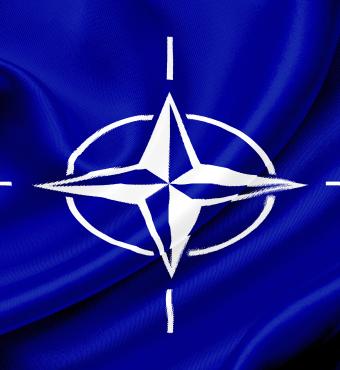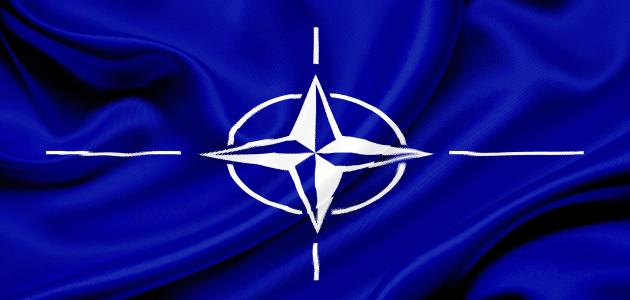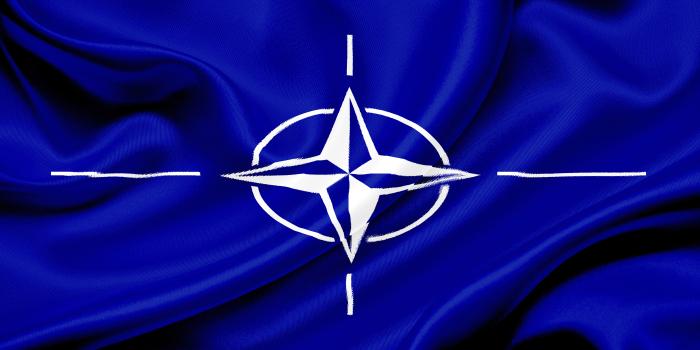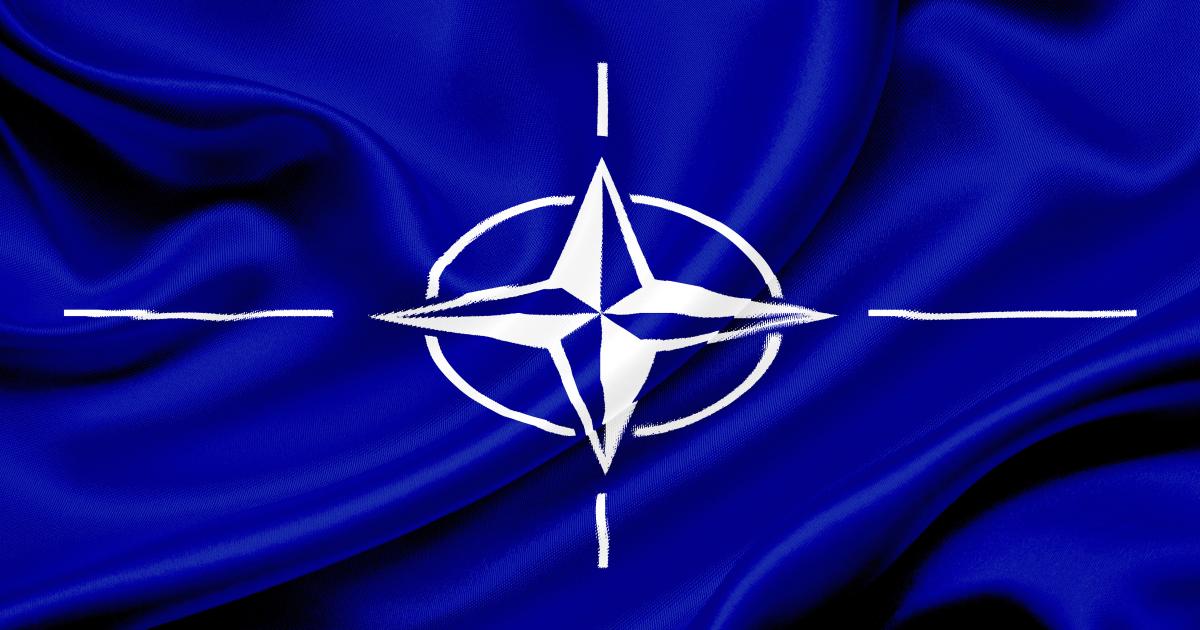- History
- Military
Peter Mansoor concluded his overview of NATO by writing, “fear of Russian revanchism has served as inspiration for the maintenance of a healthy military relationship among NATO allies… a pivotal, stabilizing role in European security, and will continue to do so for the foreseeable future.”
Umm. How foreseeable is that the future—one year, one decade, one century? While Peter wrote in the conventional geopolitical jargon that befits a professor, he revealed his warrior’s heart. That is, it was Col. Peter Mansoor who commanded an armored brigade in urban combat against both al-Qaeda and Shiite fanatics.
Regrettably, NATO is less stalwart than Peter projects. Peter noted that Putin “spooked the new NATO member states in Eastern Europe.” That is true; but no NATO nation has offered arms for Ukraine to defend itself against the naked Russian invasion. Peter then, more sanguinely, observed that this “led to commitments of NATO forces in the Baltic States and Poland.”
Umm. That was too optimistic. Today, the Baltic States and Poland are as unnerved by President Obama as by President Putin. For 75 years, European security has been undergirded by American resolve, concerning which NATO Secretary General Stoltenberg has recently expressed unease. NATO. As the leaders of the Baltic States and Poland repeatedly and diplomatically point out, Mr. Obama has been careful not to commit to deploy in an exercise either substantial American forces or anti-missile systems to their states.
The retort can be that the truly strong do not have to indulge in symbolism. But which NATO countries have the real sinew of force below the bluster of rhetoric? NATO Europe continues to cut its defense budgets and atrophy its military muscle. Where is America in relation to NATO? Are we mutually developing the same types of forces to deter and, if challenged, to win the next war?
Of course not. Most European nations devote less than two percent to defense. In 2009, Marine General James Mattis relinquished command of “NATO Transformation” to a French general. This signaled that American military leaders evaluated the European force structure as impossibly secondary, lacking the resources to remain modern. Even Great Britain must deploy American aircraft on board its crown carrier, HMS Queen Elizabeth. The cause is penury.
In America, the Defense budget is robust. But as the commander-in-chief, President Obama has set a steady course of reducing American military commitments and global leadership. His message is to do less with less. He has shown indifference bordering on outright skepticism about America ever again going to war, once he has extricated us from Afghanistan and Iraq. Beyond that, there seems to be no threat. He has gone through three secretaries of defense who left without a kind word for his stewardship.
Putin forcefully rearranged national borders and fealties, and NATO—both America and Europe—acceded without resort to force or support for Ukraine. If that is the end of Putin’s ambitions, all will be forgotten in a few years.
Meanwhile, in the Middle East, a massive thunderstorm is gathering. The Obama administration has turned a blind eye to the Islamist State in Syria and Iraq. If ISIS ceases beheading Westerners, the U.S. and NATO may stay uninvolved, allowing ISIS to consolidate its revolution into a de facto state, as did the Shiite clerics in Iran in 1979.
Alternatively, the next American president could commit to war. In that case, undoubtedly NATO Europe will contribute special forces and some aircraft. In any war, American generals will accede authoritative positions and courtesies to NATO European militaries of any size. Allies are essential for the advancement of a civilized world with a global set of restraining rules and protocols.
Peter Mansoor is correct in arguing that NATO plays “a pivotal, stabilizing role in European security.” However, the reason is that the threats are peripheral, not that the will of the alliance is iron. All European NATO countries know the underlying truth; they have chosen to play a lesser, supporting role in their own defense. Only America has the sheer bulk, ingenuity, and determination to hold intact Western civilization for another what… three years, three decades, or three centuries? We have no way of predicting. The trends are not definitive, to put it charitably.







